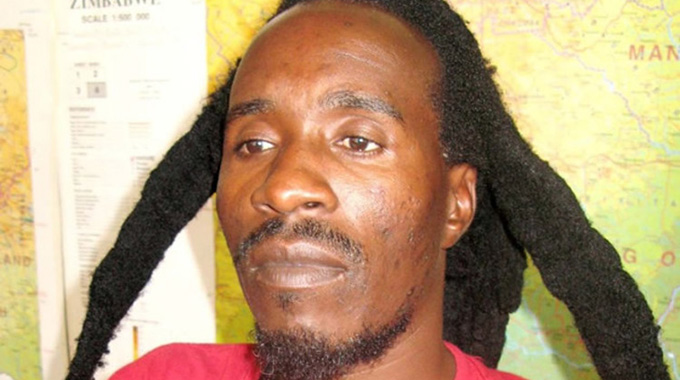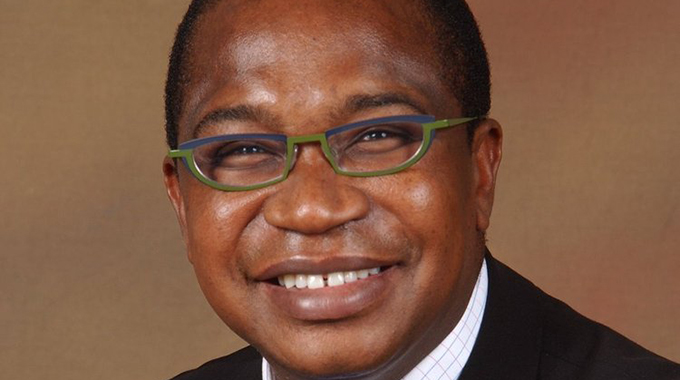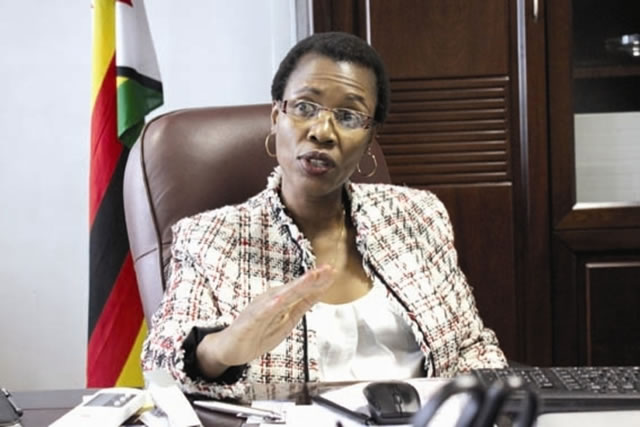The curse of Mbira DzeNharira split . . . . reunion shows work magic for original members

Godwin Muzari Arts Editor
When names Tendai “Samaita” Gahamadze, Tichaona “Nyamasvisva” MaAfrica, Tanganeropa Crispen Mujongondi and Micah Munemo are mentioned in one sentence, it is obviously a talk of the original Mbira DzeNharira team.
It was a fantastic team that popularised mbira music in local showbiz in a big way. Before Mbira DzeNharira took the genre to upmarket joints and revered festivals, mbira was a preserve of biras and other traditional gatherings.
But Mbira DzeNharira changed the face of the industry. Their songs that include “Ndoenda KwaAmbuya”, “Matendera”, “Zvowoenda Harare”, “Madhunamutuna” and “Toputika Neshungu” shook the music scene.
Their split in 2005 was a heartbreak to many music followers. It took many months of haggling for them to finally part ways because fans and prominent people close to their circle were advising them against the idea.
When the knife of misunderstanding finally sliced Mbira DzeNharira apart, mbira music lost one of the best eras that revolutionised the genre.
All the original members know that their team was the best because they were all experienced in their art. It was a compression of immense talents in traditional beats. The initial split led to the formation of Mawungira eNharira, but further disintegrations gave birth to more outshoots.
While in some genres splits mean growth of the industry as more groups are born, for mbira music the separations brought doom and the beat gradually lost popularity. It has been 13 years since Mbira DzeNharira split, but the good thing is that most of the original members have not given up their trade.

Tichaona “Nyamasvisva| MaAfrica
They are working with separate groups. Samaita still leads Mbira DzeNharira, Nyamasvisva has Mawungira eNharira, Munemo fronts Ninga DzeNharira while Mujongondi leads Vawuki Muchirorodziva.
The emergence of other groups could have meant expansion and growth of mbira music, but that was not to be. Separately, the talented gwenyambiras have failed to do what they did as a unit. Maybe it is has something to do with the spiritual bond that they had when they started the group from scratch in 1987.
Mbira music is spiritual and Mbira DzeNharira was formed with a traditional calling.
They were not looking for commercial value when they formed the group, yet it is commercialisation that led to squabbles. Maybe their gods are not happy.
They probably hate war and want them to be together. They were probably angered by their separations and withdrew the blessings they had accorded them as one group.
Some of the gwenyambiras do not want to admit that they made a wrong move by diverting from a mission that was based of spiritual and traditional calling. But they know that when they come together they perform wonders.
Maybe that is why they decided to be together for two consecutive Friday shows at La Rouge in Westgate in the past two weeks.
They came together in a big way and their combination worked magic.
The current Mbira DzeNharira performs at the venue every Friday, but the past two concerts were different. They brought back sweet memories of the original group.
Mbira music lovers loved the old memories.
Apparently, when the four gwenyambiras are on one stage, the gods unleash their spiritual powers.
Fans are suggesting that the talented traditional singers reunite for good, but they do not seem prepared for a complete reuinion.
Munemo could be the only one who admits going separate ways was a mistake.
“Misunderstandings come up, but people should be able to make peace with each other. We were supposed to bury our differences many years ago. We lost an opportunity to go places,” said Munemo in an interview yesterday.
He believes the gods can still lead them to the promised land.
“If we continue working together we have a potential of doing even better than we did. It will be a matter of taking up from where we left.”
On the other hand, Samaita believes what is important is to keep mbira music alive regardless of a group that one works with.
“It’s the mbira that brought us together in the first place and we have continued doing mbira music in our separate journeys.
We came back together because of the same mbira, so I do not think there should be talk of separations or reunions. We are all doing it for our culture and tradition,” said Samaita.
A total reunion seems far from Nyamasvisva’s imagination.
“These are joint shows that we will be doing here and there. We are doing separate projects, but we respect fans when they request that we come together for performances. The frequency of these shows will depend on response from our fans,” said Nyamasvisva.











Comments